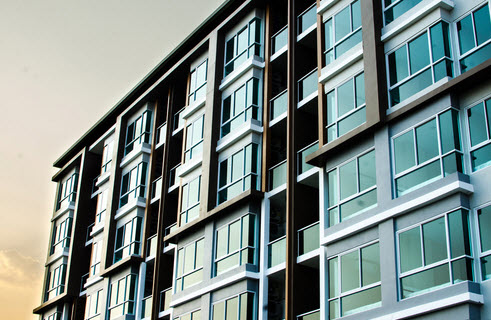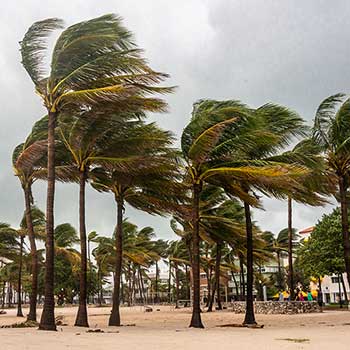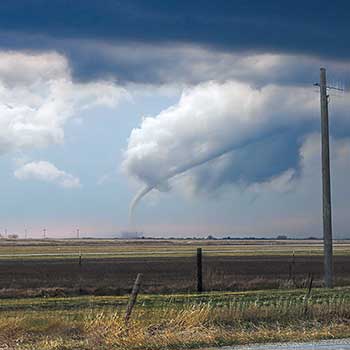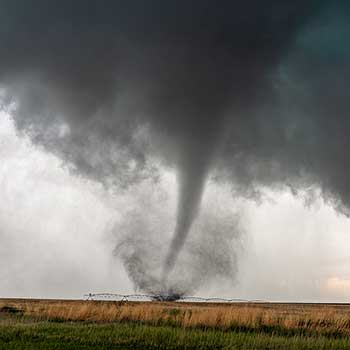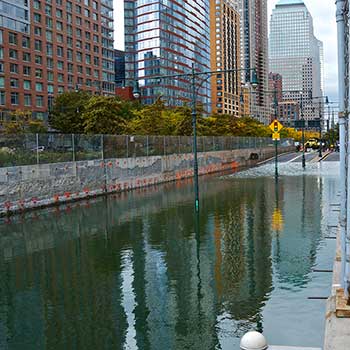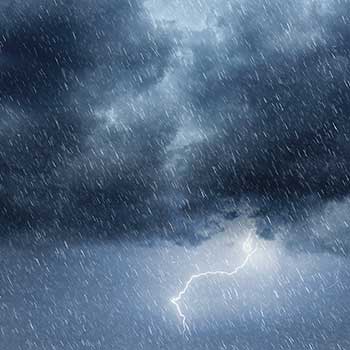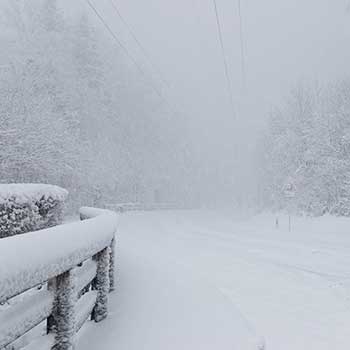Florida homeowners know that they’re responsible for preparing for severe weather. They board up their windows, bring in outdoor furniture and do everything they can to protect their homes against hurricane, tropical storm, and other weather-related damage. But what are you supposed to do as a renter? Should you take steps to protect your rental property? Or will your landlord do it for you?
Renters Unprotected by Florida Law
According to the National Multifamily Housing Council, 13 percent of Floridians are apartment dwellers.
Florida law does not explicitly require landlords to protect their tenants or rental properties from hurricanes. In fact, some rental agreements even say that deposits will not be refunded in the event of a natural disaster. For example, Emily Moll and Ryan Rose had rented a home in Orlando for three years when Hurricane Irma struck. A pecan tree fell onto the house and through the roof, and they were forced to evacuate. Their home is now uninhabitable, and according to their lease they might not be able to get their $1,500 deposit back.
If your lease doesn’t specifically say that the landlord is responsible for storm preparation then you must decide how to protect your family and personal property. But some landlords won’t let tenants take storm preparation measures. For example, some renters in West Palm Beach were told they couldn’t board up their windows before Irma hit. If your landlord doesn’t prepare for the storm and won’t allow you to either, there are still steps that you can take, including:
- Purchase a renter’s insurance policy to protect your personal belongings, even if it’s not a condition precedent to renting a home or apartment.
- Make copies of all important documents, like birth certificates, passports and renter’s insurance policies.
- Create an emergency preparedness kit that includes prescription medications, cash, water and nonperishable food.
Difference Between a DP-3 and an HO-3 Insurance Policy
A DP-3 insurance policy is a dwelling and fire policy that covers residential property, like an apartment building. This is the type of insurance policy that a landlord will typically purchase. The DP-3 policy is designed to protect the landlord, not the renter. It generally covers losses to the building structure, loss of rent, and personal liability. It does not cover personal property, which is why residents should always purchase renter’s insurance to protect their own belongings.
An HO-3 is a standard single-family home insurance policy that generally covers both the value of the home and personal property. However, note that HO-3s don’t necessarily protect against all perils. For example, most homeowner’s insurance policies don’t cover flooding damage, and homeowners should consider purchasing separate policies or additional coverage. It’s important to read your policy thoroughly so that you’re aware of the full extent of coverage.
Let Us Help You with Your Case
If you are a renter whose property was damaged during a hurricane or other severe weather event, you might have questions about your rights under Florida insurance law. The Florida attorneys at the Insurance Litigation Group can guide you through the insurance claims process. Contact us today for a free consultation.
Resources:
nmhc.org/Content.aspx?id=4708#State_Dist
orlandosentinel.com/news/hurricane-irma-recovery/os-hurricane-irma-orlando-renters-20170923-story.html
wptv.com/news/region-c-palm-beach-county/west-palm-beach/renters-told-theyre-not-allowed-to-board-up-windows
accuweather.com/en/weather-news/how-renters-can-prepare-for-hurricanes-when-landlords-wont-help/70002924
